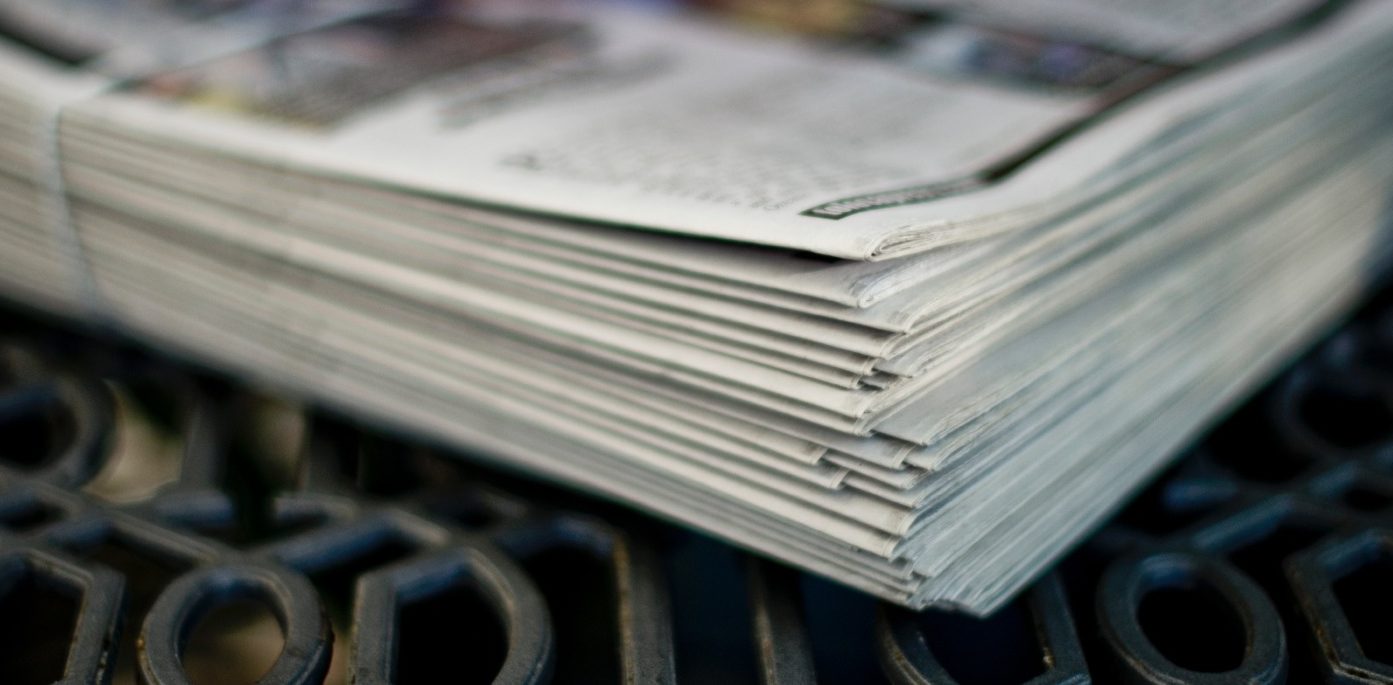The media is irresponsibly aggravating coronavirus panic
Over the past couple of months, one word has dominated global discussion: coronavirus. When the virus was first discovered in China, the west seemed as determined as possible to ignore its inevitable spread, with the UK doing little to prepare. Fast-forward to now, and a significant proportion of the British public still think they are invincible, crowding every public space that is still open.
Coronavirus is far from the first pandemic the world has ever seen; from the plague of Athens in 430BC, to the swine flu pandemic of 2009-2010, there have been multiple pandemics spanning across the course of history. However, one thing is significantly different about coronavirus: the unmatched media coverage. In the age of Spanish flu, there was obviously no internet. Now, you can’t load BBC news, scroll through Twitter, or look at the front page of a newspaper without seeing coronavirus mentioned somewhere.
On the plus side, never before has it been easier to check your symptoms on the official NHS webpage. There’s even a specific online test that tells you whether or not you should quarantine. Equally, the rapid outpour of support online has been amazing to see, with social media spotlighting all sorts of positive stories, whether that be Italians singing together from their balconies, aerobics classes lead from a roof, or people sending out leaflets offering help to their vulnerable neighbours.
It’s almost as difficult to find a bottle of hand sanitiser as it is to find a news article that isn’t related to coronavirus
In the past week in particular, social media has become an important tool for spreading the importance of self isolation, with NHS staff and medical professionals pleading with the public to stay indoors, sharing stories of overcrowded intensive care units to try and reason with an irresponsible portion of the British public.
However, overall the media has done much more harm than good. It is capitalising on people’s fears, spreading anxiety and a whole lot of false information worldwide, all for a few more article clicks. The main issue with this mass of information is that it’s hard to know who to listen to, and what is even true. Equally, articles detailing people going out and buying vast amounts of toilet roll has contributed massively to stockpiling, with the media fuelling people’s panic.
This stirring by the media has led to supermarkets having to place restrictions on certain items, due to risk of shortages. An even worse result of this is online sellers bulk buying items, and then selling them online for extortionate prices. Possibly the worst example of this was seen in the US, where a Tennessee man bought 18,000 bottles of hand sanitiser prior to the shortage and tried to sell it on Amazon for a profit.
The endless stream of corona-related coverage is sparking an unhealthy level of panic
It’s almost as difficult to find a bottle of hand sanitiser as it is to find a news article that isn’t related to coronavirus. While coronavirus is obviously the most important news topic at the moment, surely the media needs to be regulated somewhat? The endless stream of corona-related coverage is sparking an unhealthy level of panic. The public would benefit much more from one clear, regulated update a day, surrounded by a plethora of regular news. With so much of our lives disrupted, keeping some sense of normality amongst the media would undoubtedly be beneficial. However, considering that two weeks ago Boris Johnson stated that closing schools wouldn’t do much to slow the virus, before shutting them a week later, I don’t think there’s much hope of press-regulation.
The media’s main role is obviously to keep the world up to date with the latest news. But surely these major outlets should consider the welfare of their readers, and try to quell, not escalate, panic even further.

Comments